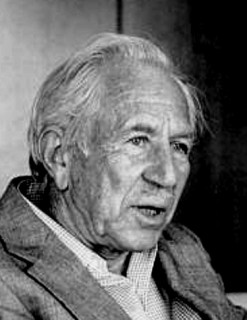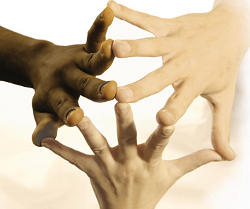Sweatening
how do you distinguish cold sweat (fear sweat) and sweat from too hard working?
I think the difference is of important relevance concerning the present working situation in Europe but also in China:
too much, too fast, too much overloaded, too unclear, too ….too…
In Germany we have to deal with burn-out, depression and burn-out. In china there is already a high percentage of depression deriving from the working situation also.
So distinguishing the two different kinds of sweat can help to realitze if you or your friend is working too much and afraid to slow down (because of fear) or if he really likes hard work and enjoys. That mewans is motivated and not burded out.
Read More




